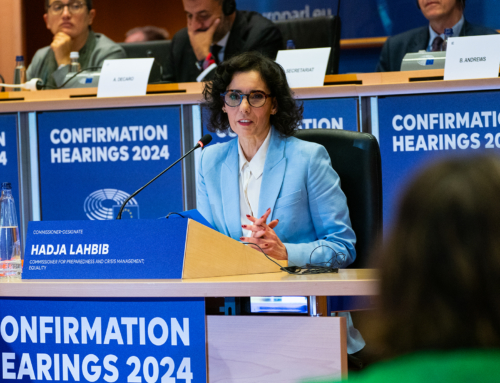Brussels, 19th June 2024
On Thursday, the European Court of Human Rights ruled in a decision relating to a Hungarian citizen who was refused euthanasia in Hungary. The European Court of Human Rights ruling established that Hungarian authorities’ refusal of a citizen’s request to end his life by physician-assisted death does not violate the European Convention on Human Rights.
This reaffirms the reality that there is no human ‘right’ to take a human life, as well as reaffirming the principle of subsidiarity whereby European institutions must respect the competences of nation states.
FAFCE President, Vincenzo Bassi, said: “This ruling is a victory for subsidiarity, which is a European founding principle. European institutions must not over-reach beyond the national competencies of its Member States. Similar to the attempt to include abortion in the EU Charter of Fundamental Rights, there remains no ‘right’ to take a life. At a time where assisted suicide is being discussed as a ‘right’, we reiterate that this would be incompatible with human dignity and life. The answer then, is not to make it easier to die, but easier to choose life. This is done by providing care, intergenerational solidarity, and protagonising family networks. This way, we have a chance to combat the pandemic of loneliness that has gripped our societies.”
On palliative care
FAFCE President, Vincenzo Bassi, continues: “Human dignity and palliative care are strictly linked. Care for the sick falls into the European convention of human rights. The dignity of the sick must be respected, in dialogue with the sick and their caregivers. How to apply palliative care in principle is not a question to be judged by the ECHR. It is to be judged by doctors who have the competence and responsibility to the patient. Judges should only intervene in the case of a lack of dignity.”
On the lack of consensus
FAFCE President, Vincenzo Bassi, explains: “International public opinion is pushing towards a belief that there is a general consensus of the right to take a life. The European Parliament resolutions and the French constitutional amendments against life are an ominous sign because they give an impression of consensus. The reality is that there is no longer consensus. These matters should remain a competence of Member States, as the ECHR has stated so far. We are not afraid – our role is to demonstrate the reality that there is no consensus.”
NB: Parts of these comments were published in an article by OSV News on 18th June 2024.







